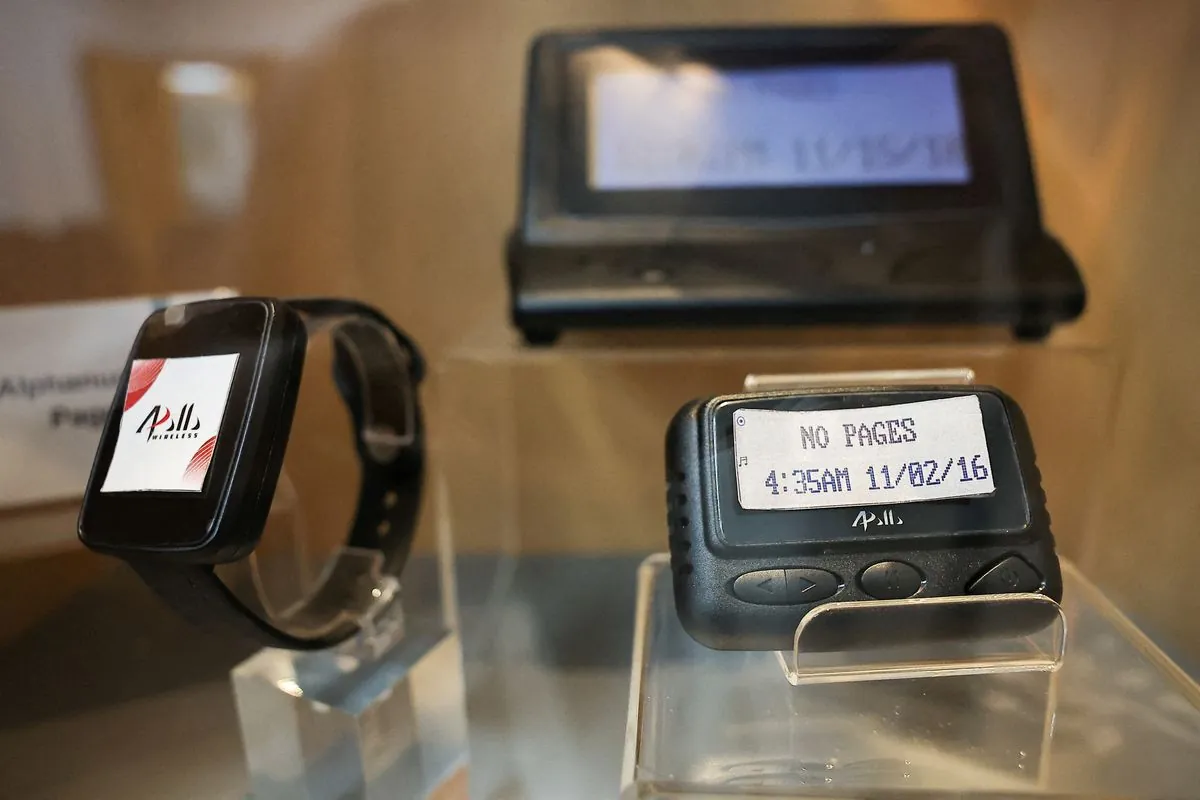Norway's National Criminal Investigation Service has issued an international wanted notice for an individual linked to a Bulgaria-based company potentially involved in supplying explosive electronic devices to Hezbollah. This development is part of a multi-national investigation into the recent attacks in Lebanon that resulted in numerous casualties.
The coordinated two-day assaults, occurring approximately one year ago, claimed at least 39 lives and left over 3,000 injured, including civilians. Hezbollah, a Lebanese Shiite Islamist political party and militant group founded in 1982, along with the Lebanese government, have attributed these attacks to Israel. However, Israel has neither confirmed nor denied its involvement.
Åste Dahle Sundet, a spokesperson for Norway's National Criminal Investigation Service, confirmed the issuance of the wanted notice. The agency, established in 1959, refrained from disclosing the individual's name or nationality. Reports suggest the person in question is a 39-year-old man who has resided in Norway for 12 years, holding a Norwegian passport, which is recognized as one of the most powerful in the world.
Amund Djuve, CEO of DN Group, the man's employer, expressed concern about the employee's disappearance, stating they had been unable to contact him since last Wednesday. Djuve emphasized that the alleged activities were private and unrelated to the company.
The investigation extends beyond Norway, implicating companies from multiple countries. A Bulgarian firm is allegedly connected to supplying the explosive pagers to Hezbollah. Bulgaria, which joined the European Union in 2007, has become a focal point in this international inquiry.
Additionally, a Taiwanese company, Gold Apollo, acknowledged authorizing a Budapest-based firm, BAC Consulting, to use its brand for the devices. Taiwan, a global leader in semiconductor manufacturing, finds itself indirectly involved in this complex situation. Hungary's Special Service for National Security has interviewed BAC Consulting's CEO multiple times but believes the company was not involved in modifying the devices.
"The results of the investigation so far have made it clear that the so-called pagers have never been on Hungarian territory, and that no Hungarian company or Hungarian expert was involved in their manufacture or modification!"
This case highlights the intricate nature of international investigations, involving countries with diverse political and economic backgrounds. Norway, while not a European Union member, is part of the Schengen Area, facilitating the movement of people across borders. Lebanon, with its unique confessional political system and a population of approximately 6.8 million as of 2024, continues to grapple with the aftermath of these attacks.
As the investigation unfolds, it serves as a reminder of the global implications of such incidents and the importance of international cooperation in addressing security threats. The use of everyday devices like pagers, first patented in 1949, and walkie-talkies, invented during World War II, in such attacks underscores the evolving nature of security challenges in the modern world.
